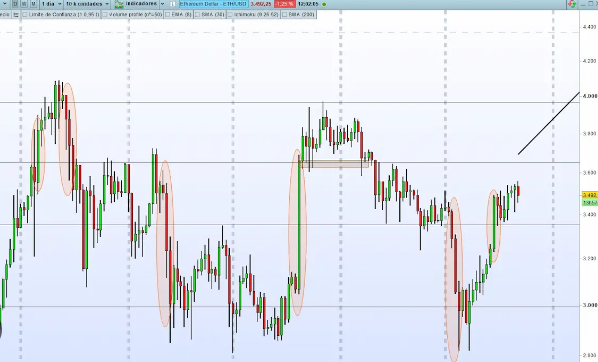The Role of Blockchain in Forex Trading
Blockchain technology has the potential to transform various industries, and forex trading is no exception. Here’s a look at the role of blockchain in forex trading:
- Increased Transparency: Blockchain’s decentralized and immutable nature makes it ideal for promoting transparency in forex trading. Traditionally, the forex market has been opaque, with limited visibility into transactions and their settlement. By using blockchain, all transactions can be recorded on a distributed ledger, visible to all participants in real-time. This enhances trust and reduces the risk of manipulation or fraudulent activities.
- Enhanced Security: Blockchain technology provides robust security features that can help protect forex trading operations. Transactions recorded on the blockchain are encrypted, making them highly secure. Additionally, blockchain’s decentralized nature makes it less susceptible to cyberattacks and hacking attempts compared to centralized systems. This increased security can help prevent data breaches and ensure the integrity of forex transactions.
- Simplified Settlement: Blockchain technology offers the potential to simplify the settlement process in forex trading. By using smart contracts, which are self-executing contracts with predefined rules and conditions, parties involved in forex trades can automate the settlement process. This eliminates the need for intermediaries and reduces the time and costs associated with manual settlement processes.
- Improved Efficiency: Blockchain technology can streamline and automate many aspects of forex trading, resulting in improved efficiency. Transactions can be executed and settled faster without the need for multiple intermediaries and manual paperwork. Additionally, blockchain’s digitized and immutable records eliminate the need for reconciliations and manual audits, saving time and reducing errors.
- Access to Global Markets: Blockchain can provide easier access to global forex markets, especially for individuals or entities in regions with limited financial infrastructure. With blockchain-based platforms, traders can bypass traditional intermediaries and access forex markets directly, eliminating delays and costs associated with traditional banking systems. This can increase market participation and foster global financial inclusion.
- Traceability and Auditing: Blockchain’s decentralized ledger allows for complete traceability and auditability of forex transactions. Each transaction recorded on the blockchain contains a timestamp and a unique identifier, enabling easy tracking of trading activities. This feature can be valuable for regulatory compliance, audit purposes, and investigating fraud or market manipulation allegations.
While blockchain technology holds significant potential for enhancing forex trading, its widespread adoption and integration into existing financial systems may still take time. Challenges such as scalability, regulatory frameworks, and industry-wide collaboration need to be addressed. Nonetheless, the features offered by blockchain, such as transparency, security, and efficiency, have the potential to revolutionize forex trading and reshape the global financial landscape.













1 comment